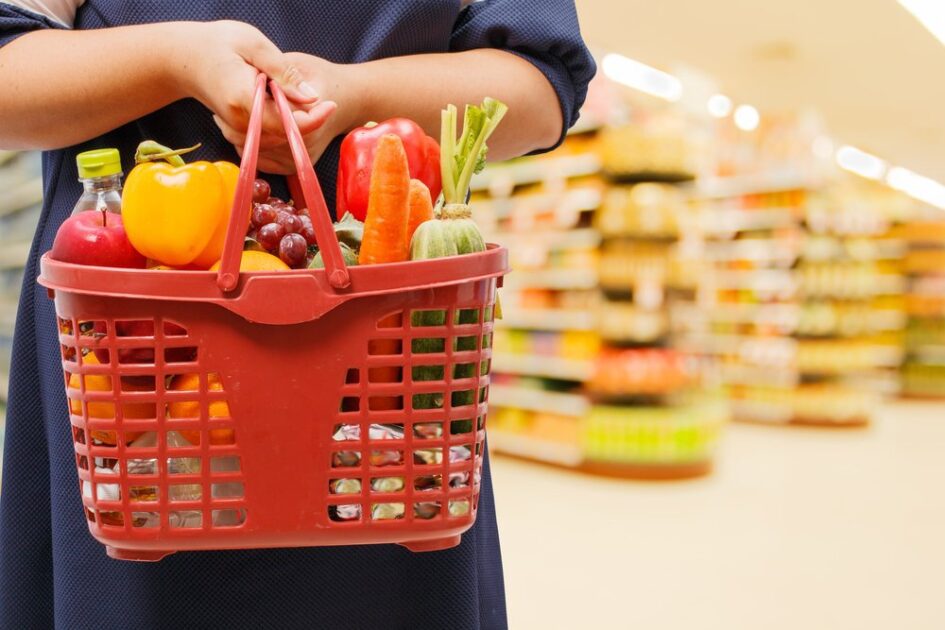Getting the most out of your grocery shop
Grocery shopping can be easy with a bit of planning ahead

For many people, going for a grocery shop can feel like a chore. Trying to remember everything you need, finding the right aisle, standing in the queue, and then discovering what you forgot when you get home are some of the things that can make the grocery shop the last thing you want to do.
However, if you plan it out in advance and stick to your list, doing the shop gets easier. Here are some tips to get started:
Planning before you go shopping
Here are a few things to keep in mind:
Work out your budget for food for the week
Knowing how much you usually spend and how much you would ideally like to spend can help you during your grocery shop. It can help you to avoid buying things you don’t really need, or encourage you to go for a cheaper option instead of a name brand.
Some weeks may be more expensive than others, especially if you have to buy items that cost a bit more but will last a long while, like olive oil. But having a weekly budget is a good way to keep your grocery shop consistent.
Plan your meals for the week
Creating a meal plan and knowing what will go into each meal means you can have list out exactly what you need when you go shopping. This means you are less likely to buy too much and end up having to throw food away, and it also means you’re more likely to remember everything you need. Your meal plan can incorporate what you already have stocked and whatever leftovers need to be used up.
What to do while shopping
Here are ways to make things easier once you get to the supermarket:
Sticking to your budget
Keep a running tally of what you are spending – this will help to keep you within budget.
Stick to the shopping list that you created to avoid any impulse buys you might later regret.
Eat before you go
Avoid shopping on an empty stomach – you are more likely to be tempted by items you don’t need.
Start with the basics
Start with getting the staples of your weekly shop. Find a list of store cupboard essentials at the bottom of this article, and make sure you have everything you need.
Take note of items that you use regularly so that you can be sure to stock up.
Resist the temptation to give into offers
Be aware of special deals or offers – it’s not good value if you don’t need it. If it’s something you were going to buy anyway, then a special offer is great. If it’s something you would never normally buy, then ask yourself if you really need it.
Look for different brands
The more expensive brands are usually displayed at eye level, look high and low for better value products.
Check out supermarkets’ own brands – they can be cheaper and the quality is normally just as good.
Check the dates on everything
Always check the label for best before and use-byy dates – treat best before dates as a guideline and use-by dates as a deadline.
Loyalty cards
Sign up for loyalty cards and collect loyalty points which will lead to money off future purchases.
Shop around
If possible, shop around for the best value available. This can seem like a lot of effort at first, but soon you will know which store to go to for the best value items.
Store cupboard essentials
A well-stocked food cupboard means you will always have some basic ingredients to make a meal. Kitting out your store cupboard doesn’t have to cost a fortune. Plan ahead by adding at least 1 or 2 cupboard foods to your shopping list each week. That way, over a couple of weeks you’ll have a well-stocked cupboard without breaking the bank.
- Keep supplies of flavourings such as pepper, lemon juice, herbs and spices, curry powder and tomato sauce
- Rice / pasta / noodles
- Porridge
- Keep a spare loaf of bread in the freezer
- Canned vegetables e.g. sweetcorn, tomatoes
- Fruit tinned in its own juice
- Tinned or packet soups When buying tinned soup always read the label and choose the low salt option
- Tinned fish e.g. tuna, mackerel, sardines
- Baked beans / peas
- Tinned or dried pulses e.g. red kidney beans, butter beans, lentils, chickpeas etc
- Stock cubes and gravy granules
- Tomato sauce and puree
- Tinned tomatoes
- Herbs and spices for flavouring e.g. dried mixed herbs, pepper
This guide has been adapted from Safe Food, the public body responsible for raising consumer awareness of issues relating to food safety and healthy eating across the island of Ireland.






